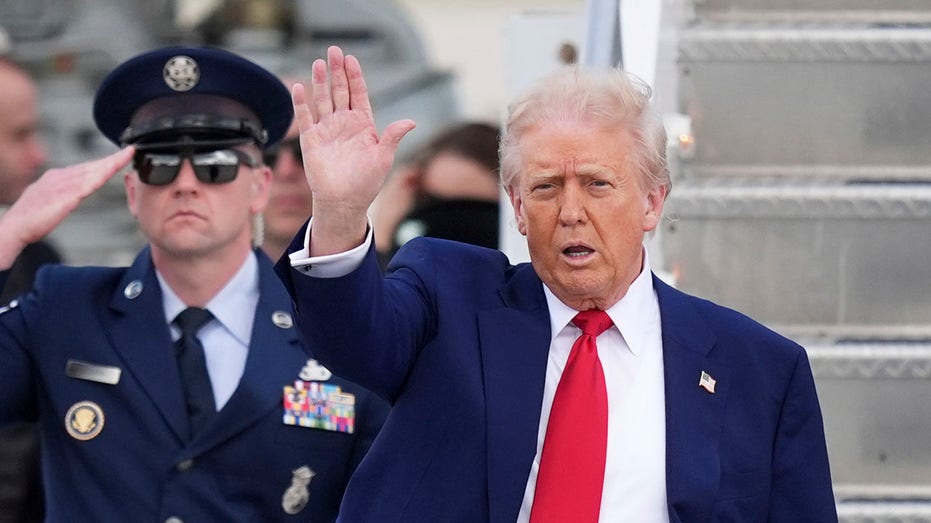Trump Travel Ban Enforcing Restrictions on Citizens from 12 Countries Takes Effect
President Trump’s new travel ban tightens restrictions on citizens from 12 nations and further limits entry from seven others.

President Donald Trump's travel ban officially took effect on Monday, restricting entry to the United States for citizens of 12 countries across Africa, the Middle East, and South America. The executive order, signed last week, broadly bars nationals from Afghanistan, Burma, Chad, Republic of Congo, Equatorial Guinea, Eritrea, Haiti, Iran, Libya, Somalia, Sudan, and Yemen from obtaining visas or entering the U.S. under most circumstances.
Additionally, the order introduces heightened restrictions on visa applicants from Burundi, Cuba, Laos, Sierra Leone, Togo, Turkmenistan, and Venezuela, specifically targeting those who are currently outside the U.S. and do not already possess a valid visa. The policy does not retroactively cancel existing visas; individuals from the affected countries who already have approved visas remain eligible to enter the United States.
The travel ban's implementation follows a recent terror-related incident in Boulder, Colorado, where an Egyptian national allegedly carried out an attack against a pro-Israel group. Authorities stated that the suspect had overstayed his visa, prompting renewed scrutiny over existing immigration and security policies. Citing the Boulder incident, President Trump emphasized on social media that the ban is designed to address "national security imperatives" and prevent potential threats from reaching American soil.
During a White House briefing, Trump reiterated his stance: "We will restore the travel ban, some people call it the Trump travel ban, and keep the radical Islamic terrorists out of our country." He further stressed that the U.S. cannot support "open migration from any country where we cannot safely and reliably vet and screen those who seek to enter the United States." The administration argues that these measures are necessary to close potential security gaps and ensure the safety of Americans.
The new order continues a contentious policy first introduced during Trump’s initial term, which drew both legal challenges and political debate. Supporters claim the ban is a crucial tool for protecting the nation, while critics characterize it as overly broad and discriminatory. As the directive goes into effect, government agencies are tasked with enforcing the restrictions and reviewing security protocols in connection with affected nations.
In his concluding remarks during the signing, President Trump asserted, "We will not allow people to enter our country who wish to do us harm, and nothing will stop us from keeping America safe." With the travel ban now active, its impact on international travel and diplomatic relations is likely to be closely monitored in the coming months.




